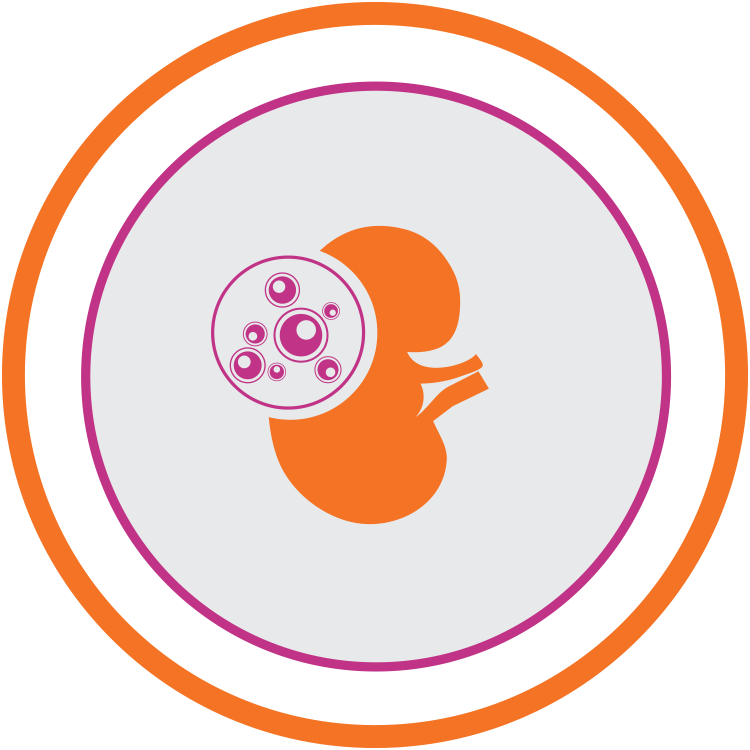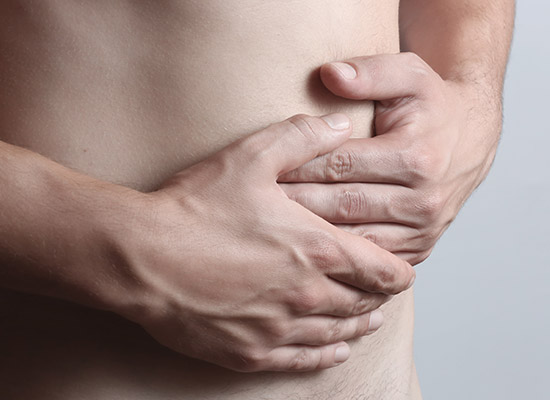Kidney transplants are the most common transplants that take place in Australia. While most people are born with two kidneys, we can survive with one. The donation of the organ can be made either by:
- Deceased donors or
- Living donors
Deceased Donors
In Australia, many people sign up to donate their organs after their death. Deceased donor kidney transplants are from individuals that have died from brain death or a circulatory death and have consented through the Organ Donor Register or their next of kin have agreed to donate their loved one’s organ. Deceased donors cannot be directed to a specific recipient, and enter a rigorous and unbiased patient matching scheme. (Scroll down to the appendix to see more on the types of deceased donations).
The typical wait for a kidney transplant in Australia is 4 years. However, waiting times can sometimes be shorter or longer depending on the blood and tissue types of the recipients and donors. The waiting times are also different in each state depending on the population of the state and the number of people that are on the waiting list. E.g. South Australia has the shortest waiting list.
Living donors
If you are waiting for a kidney, in some cases a person who is close to you may be willing to donate one of their kidneys. They are called living donors. Family members are more likely to match the recipient in terms of blood and tissue type, but not always.
Living donors can also be non-related individuals. In some cases, altruistic donors are willing to donate even if they do not know the recipient. Altruistic donors are entered into the same patient matching scheme as for deceased donors.
There are many steps to becoming a living donor. If you wish to become a living kidney donor, you need to be healthy and over the age of 18. Each case is assessed individually. The living kidney donation process can take up to 3 – 6 months. Even elderly people and those with certain chronic health conditions can be donors. The few medical conditions that prevent organ donation include:
- Active malignancy
- Infectious disease
- Behavior that puts you at risk of infectious disease (e.g. intravenous drug users, sex workers etc.)
- Significant lung and heart disease
- Obesity
- Psychiatric disorder
Living donors are required to undergo certain tests to ensure they are suitable and healthy enough to donate to their own loved ones without putting their own health at risk. Additionally, the medical staff must be certain that the potential living donor is making the decision to donate of their own free will and is not pressured into being a donor through a sense of duty, or through financial incentives. If you’re thinking of becoming a live kidney donor, you may find these videos* and fact sheets helpful to make an informed decision. Find out more about preparing to be a living donor here:
VIDEO – Living Donation. What you need to know – part 1
VIDEO – Living Donation What you need to know – part 2
VIDEO – Jenny’s Story
*Permission to host these videos has been provided by Queensland Health.
The Australian Paired Kidney Exchange (AKX) Program
This is a program that has been initiated by the Organ and Tissue Authority (OTA) to increase the options for kidney donation. Sometimes even if a person is ready and willing to donate, they may not be a suitable match for the recipient. The blood group or the tissue type may not be the right match. The Paired Kidney program helps people match up suitable living donors to recipients via a computer based program.
The AKX program uses a computer program to search the database of registered recipient/donor pairs where the donor is not a match for the recipient and identifies another similar pair to match them up so that two simultaneous transplants can occur by exchanging donors.
To find out more information about paired kidney programs, visit the Paired Kidney Program.
See Kidney Health Australia fact sheets for more details on donations.
And watch the video from National Kidney Foundation.






Recent Comments